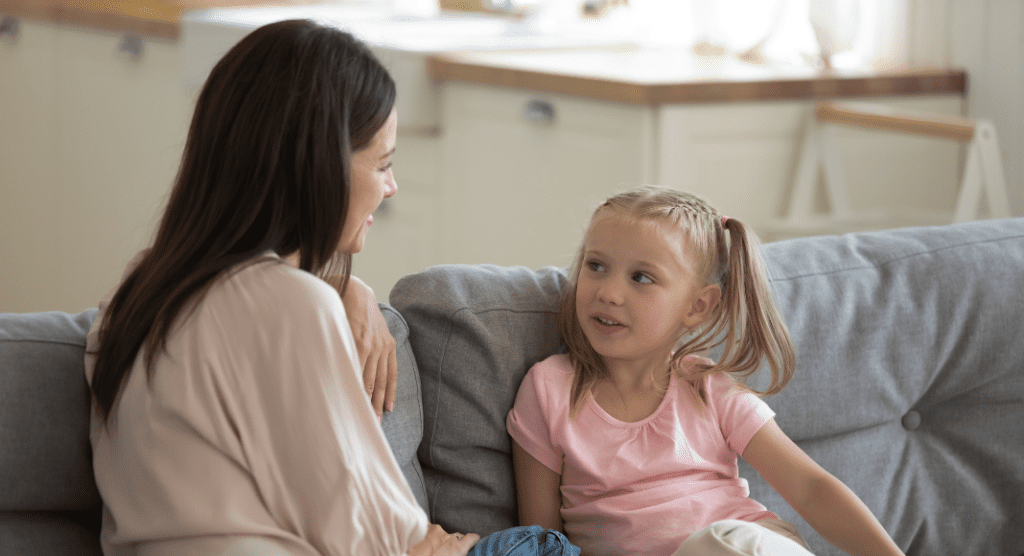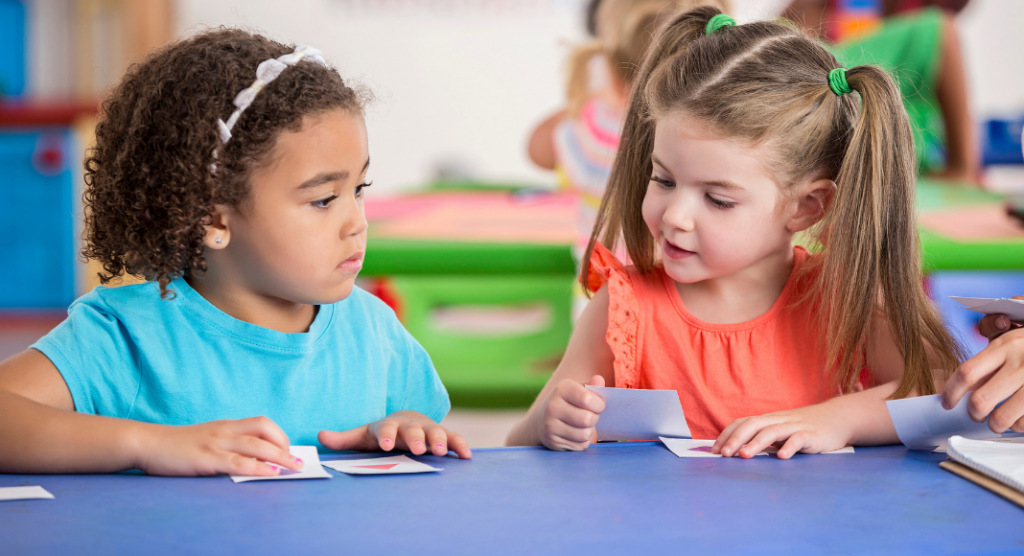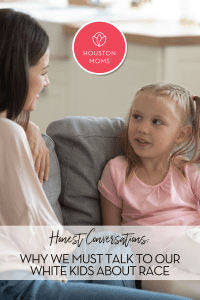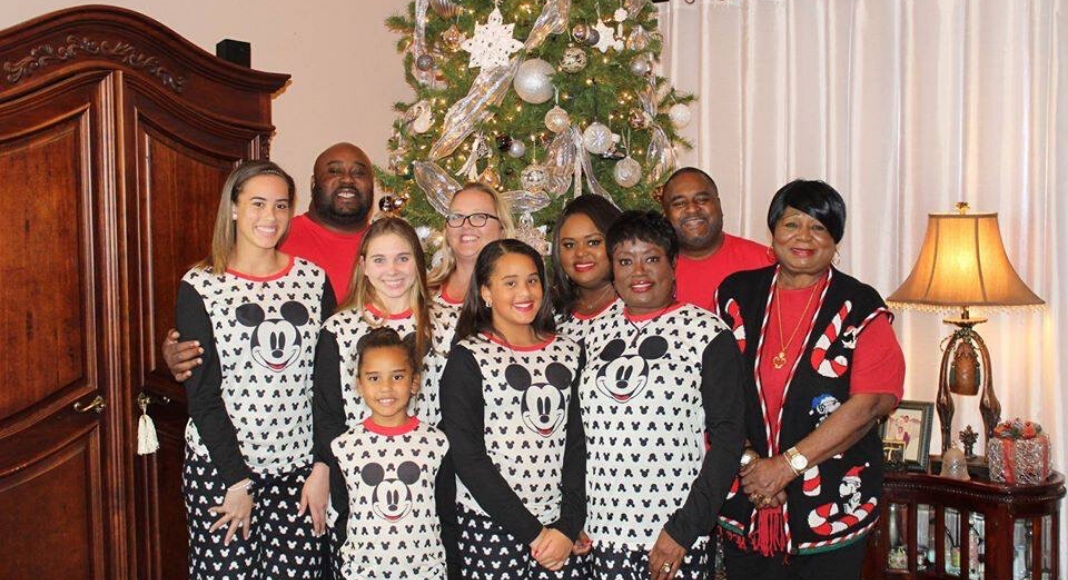 Recently, my children’s school district made the decision, in response to a petition signed by a small but vocal group of parents, to remove author Jerry Craft’s books from our library’s shelves and postpone his virtual author visit with our students. Jerry Craft is a Black author of the graphic novels New Kid and Class Act, which are based on his own childhood school experiences. They explore themes of social exclusion and racial prejudice, which are relatable topics that most kids either experience or witness in school. The books have since been reinstated in the libraries {but only for 4th grade and up to check out} and the author visit rescheduled, with an opt-out option for parents.
Recently, my children’s school district made the decision, in response to a petition signed by a small but vocal group of parents, to remove author Jerry Craft’s books from our library’s shelves and postpone his virtual author visit with our students. Jerry Craft is a Black author of the graphic novels New Kid and Class Act, which are based on his own childhood school experiences. They explore themes of social exclusion and racial prejudice, which are relatable topics that most kids either experience or witness in school. The books have since been reinstated in the libraries {but only for 4th grade and up to check out} and the author visit rescheduled, with an opt-out option for parents.
Some of the parents opposed to Craft’s books and visit claim that elementary school children are “too young and innocent” to be exposed to the concept of race and racism. Other’s believe it is not our school system’s job to educate kids on race; that the how and why of this topic should be left up to parents.
There are many myths surrounding kids and race conversations, and the majority of them stem from fear. There is fear that discussing these topics will steal children’s innocence, or make them feel guilty about their own skin color, or lead to greater tensions surrounding race. Fortunately, these myths are unfounded, and there is certainly no reason to fear talking to kids about race- they can handle it, and it’s an important step in anti-racism work.
Kids are Never Too Young to Talk About Race
 I believe one of my most important jobs as a parent is to raise children who are able to recognize injustice in the world and take a stand against it. And in our home, this process started when my children were in preschool. Contrary to what some may believe, children are not “colorblind”. They notice skin color just as they do any other physical feature on another human being. We casually talk about hair and eye color with our small children, so why not skin color? When a topic is out of bounds or perceived as secretive, it becomes taboo. If we want our children to accept and celebrate people of other races, we simply cannot act like race doesn’t exist.
I believe one of my most important jobs as a parent is to raise children who are able to recognize injustice in the world and take a stand against it. And in our home, this process started when my children were in preschool. Contrary to what some may believe, children are not “colorblind”. They notice skin color just as they do any other physical feature on another human being. We casually talk about hair and eye color with our small children, so why not skin color? When a topic is out of bounds or perceived as secretive, it becomes taboo. If we want our children to accept and celebrate people of other races, we simply cannot act like race doesn’t exist.
On the topic of racism and children, author Blair Imani said it best:
If Black children are “old enough” to experience racism then white children are “old enough” to learn about it.
And make no mistake, the youngest of children experience {and perpetuate} racism. Studies have shown that by pre-K, race-based discrimination is already occurring in elementary schools. By ignoring this issue, we aren’t keeping our white children “innocent”- they are learning all the time from their experiences and their environment. When they don’t have trusted adults guiding them, children will form their own conclusions and behavior will follow those conclusions.
Skin Color DOES Matter
 When adults say “skin color doesn’t matter” or “we’re all the same inside”, they have good intentions, but this is actually robbing children of an important lesson. Skin color does matter. It matters a lot. It matters because a person’s skin color shapes their culture, their history, and their lived experiences in the world. It is a visible, important part of their identity. When we tell children it doesn’t matter, we are, in part, telling them that racial identity doesn’t matter.
When adults say “skin color doesn’t matter” or “we’re all the same inside”, they have good intentions, but this is actually robbing children of an important lesson. Skin color does matter. It matters a lot. It matters because a person’s skin color shapes their culture, their history, and their lived experiences in the world. It is a visible, important part of their identity. When we tell children it doesn’t matter, we are, in part, telling them that racial identity doesn’t matter.
We do need to teach white kids that their racial identity comes with privilege. We do a disservice to our children when we lead them to believe that everyone is treated equally in our society and has the same opportunities for success. Very young children can understand the basics of our country’s history of slavery, the Civil Rights movement, and current racial tensions. Children can and do understand power, and that those who hold the power can choose to use that power fairly or unfairly. It is up to us, as parents of white kids, to teach them that injustice exists and that they have the power to fight that injustice.
Whose Job Is It?
 Do public schools have the responsibility or even the right to teach children about race and racism? Or should these lessons be solely the job of parents? I believe parents and schools can partner together on this one. Parents certainly have the biggest job in character education- teaching their kids according to their values, and helping to model integrity, empathy and kindness. But schools have the responsibility of teaching children how to think critically about history, and presenting that history accurately.
Do public schools have the responsibility or even the right to teach children about race and racism? Or should these lessons be solely the job of parents? I believe parents and schools can partner together on this one. Parents certainly have the biggest job in character education- teaching their kids according to their values, and helping to model integrity, empathy and kindness. But schools have the responsibility of teaching children how to think critically about history, and presenting that history accurately.
As a parent of white kids in a resource-rich district, I feel fortunate that my children have access to books that promote diversity, as well as author visits that enrich their reading experiences. I am angry that a small group of parents, guided only by fear and misguided by the belief that avoiding the topic of race prevents racist behavior, almost succeeded in taking away books and a learning opportunity for kids in our district. We must do better, for our kids and for their futures.
I know that as parents, our instincts may be to keep tough realities from our kids in the name of keeping them “innocent”. But children will learn about race through their interactions and observations, and it is our job to give them context and information, as well as teach them our own values surrounding race. We are raising future adults who will shape our world, and race is too important a topic to put off talking to our kids.
Disclaimer: We are a participant in the Amazon Services LLC Associates and other Affiliate Programs designed to provide a means for us to earn fees by linking to Amazon.com, Target.com, Nordstrom, ABC Mouse, and other affiliate sites.

















Excellent post, Elizabeth! Progress never comes from fear.
Do you have any suggestions on books, for how to approach the subject with young kids – my 6 year old has said things recently that made me uncomfortable with his perception, but i fumbled with my words and don’t believe i made a positive impact.